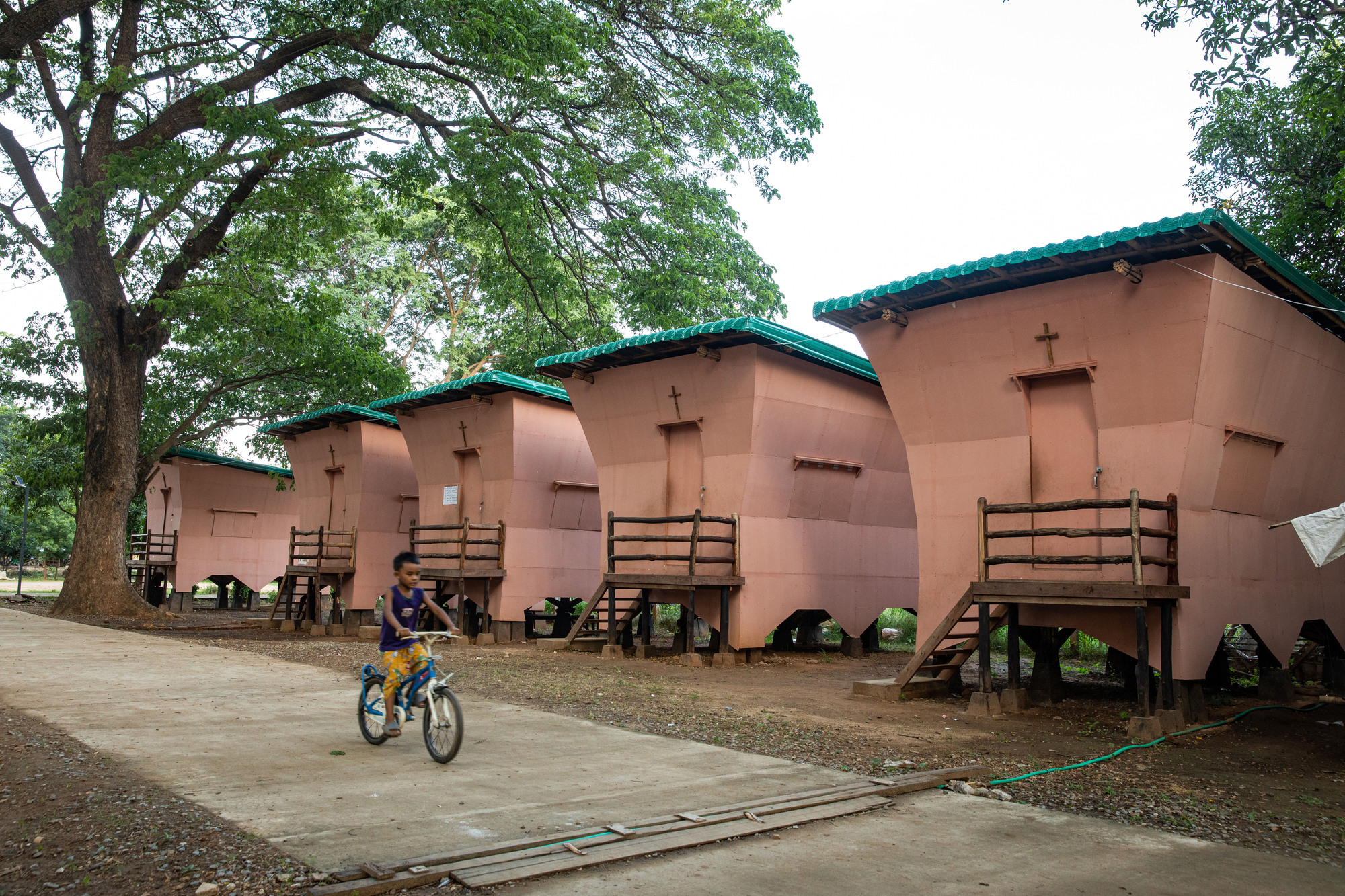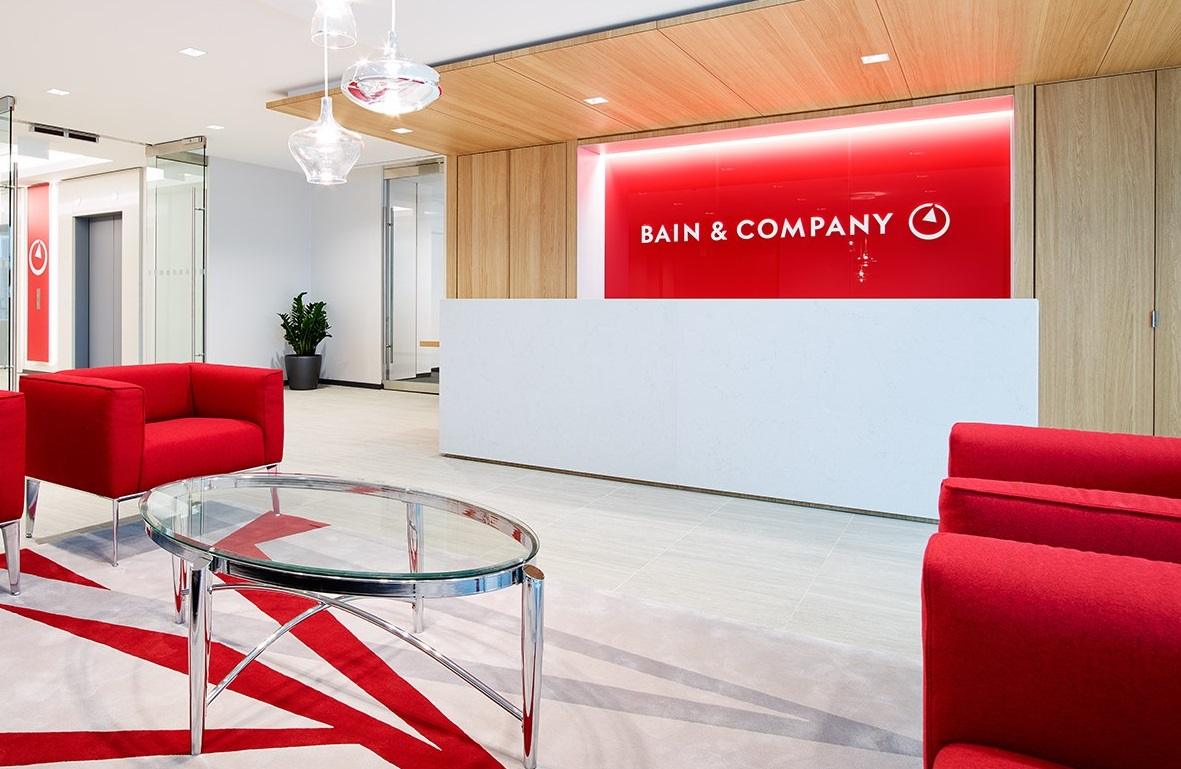The urgent need for sustainable housing solutions in conflict zones has never been more pronounced, particularly in the wake of Myanmar's military coup in February 2021. Housing NOW has responded to this crisis by developing a modular bamboo housing system designed specifically for emergency situations. This innovative approach not only addresses immediate shelter needs but also emphasizes sustainability and resilience in the face of ongoing instability. The use of bamboo, a rapidly renewable resource, highlights a commitment to environmentally friendly construction practices while providing a practical solution for displaced populations. The project underscores the intersection of architecture, humanitarian aid, and environmental stewardship, making it a critical case study for professionals in the field.
The implications of Housing NOW's modular bamboo system extend beyond immediate housing needs; they challenge conventional construction paradigms in crisis contexts. By prioritizing adaptability and sustainability, this initiative sets a precedent for future developments in similar environments. Key insights from this project suggest that integrating local materials and community involvement can enhance the effectiveness of humanitarian responses. As architects and planners consider the complexities of post-conflict reconstruction, the lessons learned from Housing NOW could inform broader strategies that prioritize not only shelter but also the dignity and agency of affected communities. This approach could redefine how we think about housing in crisis situations, paving the way for more resilient urban futures.








